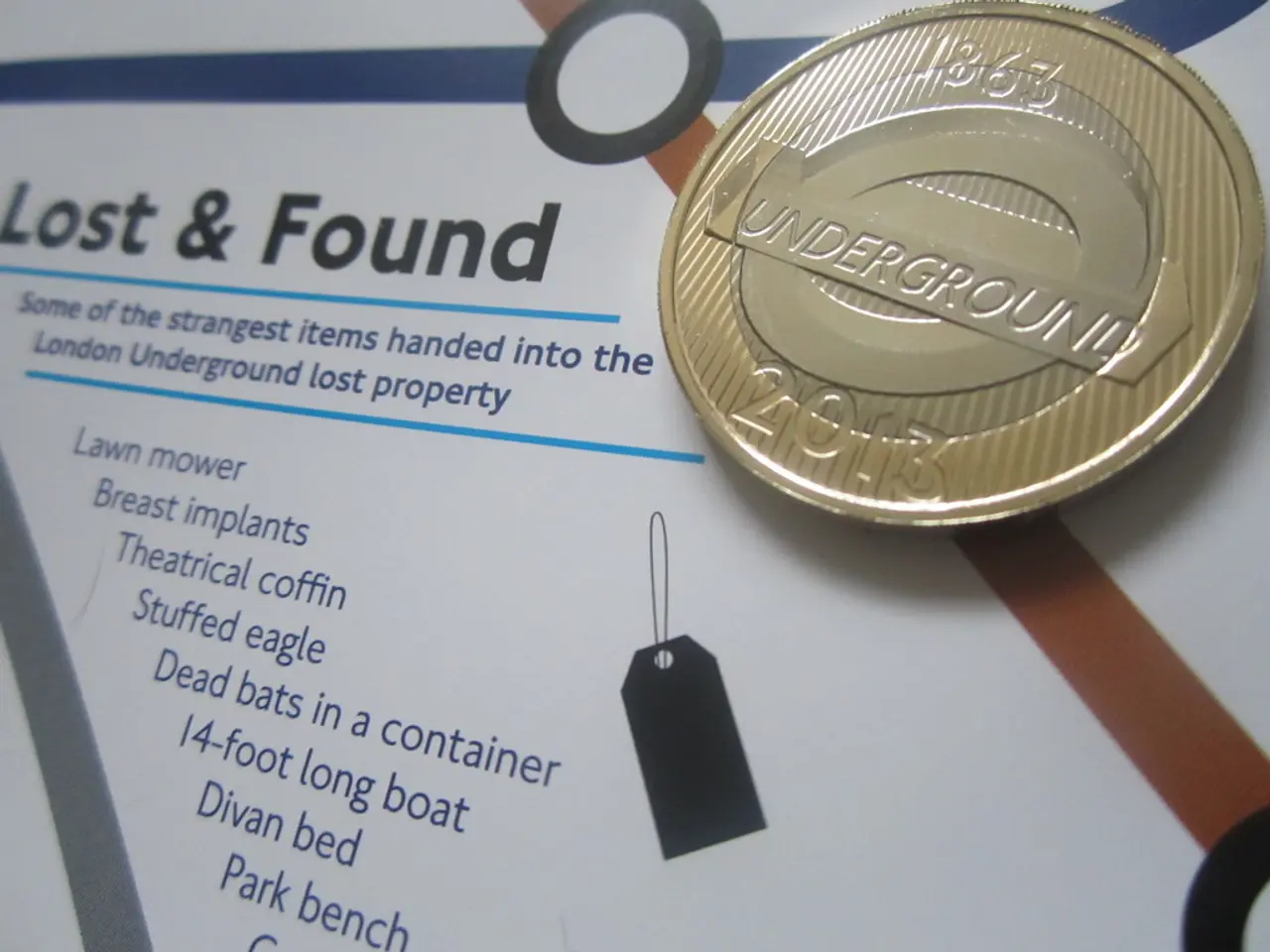Increase the availability of financial counseling for debt and establish a just environment for debt resolutions, according to the Woolard Review's recommendations.
Woolard Review Calls for Long-Term Strategy for Free Debt Advice Funding
In response to the growing demand for free debt advice and the financial struggles faced by consumers due to the Covid-19 pandemic, the Financial Conduct Authority (FCA) has published the Woolard Review, a comprehensive analysis of the unsecured credit market.
The review, led by Christopher Woolard, the former interim chief executive of the UK financial regulator, was published on 2nd February 2021, following a request in September 2020. The Woolard Review focuses on establishing access to free and fairly funded debt advice both now and in the future.
The demand for free debt advice exceeds the capacity of current providers, as shown by a 2019 study by the Money and Pensions Service (MaPS). The review calls for a long-term multi-year strategy for debt advice funding, suggesting collaboration between the FCA, MaPS, and the government.
The review highlights concerns about Individual Voluntary Arrangements (IVAs) and Protected Trust Deeds (PTDs) due to high front-loaded fees and potential for consumers not finding the best advice provider. It also notes that regulated debt management plans face criticism despite not permitting the front-loading of fees and having fee limits.
To address the sustainability challenge for free debt advice providers, the Woolard Review suggests moving beyond relying exclusively on the financial services sector for funding. Instead, it recommends securing contributions from a broader range of sectors that benefit indirectly from debt advice. This involves ensuring fair funding from non-financial services sectors, such as utilities, telecommunications, and other non-financial companies.
The review emphasizes the need to harmonize approaches in the debt solutions sector, including fees on debt advice and lead generators. It also recommends amending, waiving, or reducing the DRO application fee to make debt advice more accessible.
The Woolard Review contains 26 high-level recommendations for the FCA and the government, including a coordinated review of the debt solutions sector by the FCA, government, devolved administrations, and insolvency regulators. It also suggests that the FCA, Insolvency Service, Accountant in Bankruptcy (Scotland), and local government should coordinate to remedy issues observed in the IVA and PTD market.
The review expects the need for free debt advice to increase due to the Covid-19 pandemic, with between 1 million and 2.5 million additional people needing debt advice in the next few years. It aims to develop a robust and fair debt solutions market, particularly for consumers struggling under the weight of excess debt and the emerging financial pressures due to the pandemic.
In summary, the Woolard Review aims to establish a fairer, more stable, and diverse funding framework for free debt advice by reducing the heavy reliance on the financial services industry and encouraging participation from other sectors that profit indirectly from consumers’ improved financial circumstances.
- In light of the growing demand for personal-finance advice, particularly debt-management, due to the Covid-19 pandemic and as highlighted in the Woolard Review, there is a need for a long-term multi-year strategy that ensures fair funding for free debt advice.
- To create a sustainable funding model for free debt advice providers and address concerns about high front-loaded fees, the Woolard Review recommends securing contributions from a broader range of sectors, such as utilities, telecommunications, and other non-financial companies, in addition to the financial services sector.




